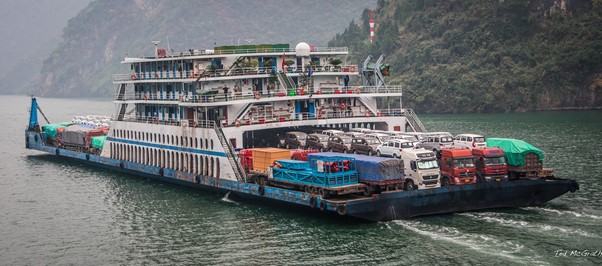
Why you may be wondering, I am showing you all these pictures on the left side of this page, which has got nothing to do with Koo | Greater Upper Nile, when my purpose is to ask you for funds in order to construct a bridge? Simply because I want to illustrate something that words alone cannot describe it. The issue here is the river transport problem, and why it does not exist in Koo?

Transportation between the north and the south or even within the south was always insufficient even during peacetime. Nowadays, they do not even exist at all since the cessation of the south, partly because nobody has invested in them, and partly because of the lack of fuels, and partly because for other countless reasons that we have no space to talk about them at length here.
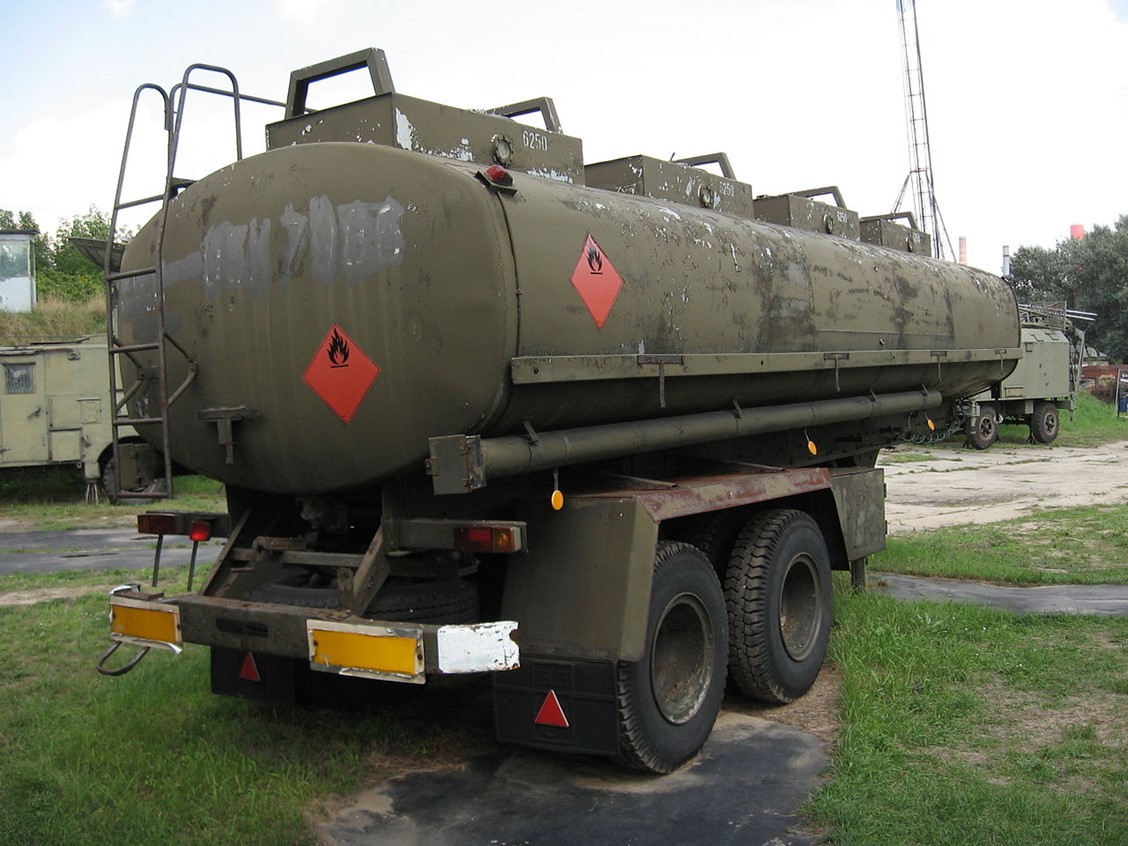
Unlike the south, the north has had been having two to three refineries for an awfully long time. One in Port Sudan and another in New Wadi el Fad – Sawakin and another in the north of Khartoum. One of these refineries was built over a hundred years ago, and the second refinery was built during President Bashir’s reigns thirty years ago. On the other hand, the south is yet to have a single refinery for its domestic consumption. We thought that was because the government in the north which assumed control of the whole country at the time did not want to develop the south. But, fifteen years after the cessation of the south, the south still has not refinery for its domestic consumption. How then could you have carried out any sort of development, if there were no fuel supply for commercial purposes and domestic use?
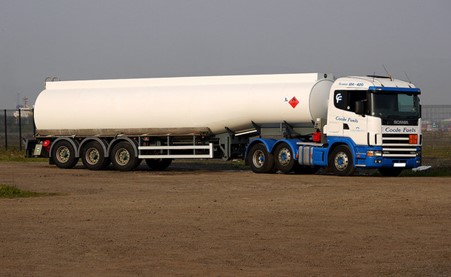
As the transportation network system, fuels are the top priority for every independent country, for all sorts of businesses, manufacturers, for domestic consumption even for personal purposes. It is the fewer liquid commodities that we know today that is traded in large quantities and can be transported over long distance regardless of the boundaries. It can be transported by roads in oil tank as seen on the picture on the left, by rails in tank wagons, and by the canal, River Nile as seen in oil tanker on the pictures on the left and by even by aircraft for emergency purposes and for other operations. I watched clip footage of allies’ planes refuelled in the air by another fuel carrier aircraft. Without fuels, it would be impossible to carry out their operations for a long period while still in the air.
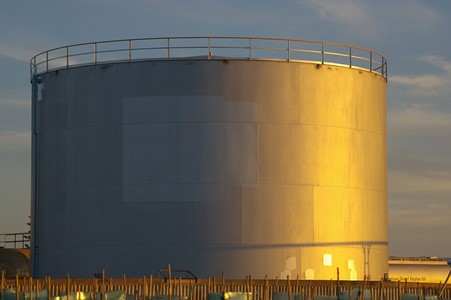
The bulk of the fuels for the commercial purposes and domestic consumptions and for other personal purposes is, however, transported by an endless network of pipelines either to refineries in Port Sudan (e.g., refinery – pipelines in Bentiue in Unity State in the main Nuer land) has been pumped and taken by pipelines from the south to the north up to the coastal shipping terminal in Port Sudan. This refinery – pipelines was built by Chevron in the 1980s but due to its distances, the refinery – pipelines were too expensive, though its cost is outweighed millions of times by its benefits that were why it is worth building it. But once it is built, the route is fixed and could not be changed for other countless reasons included the cost.
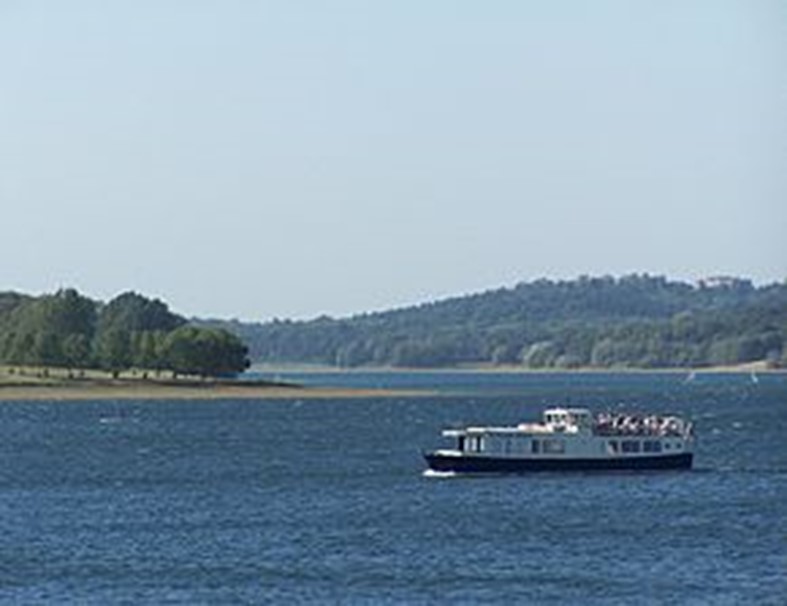

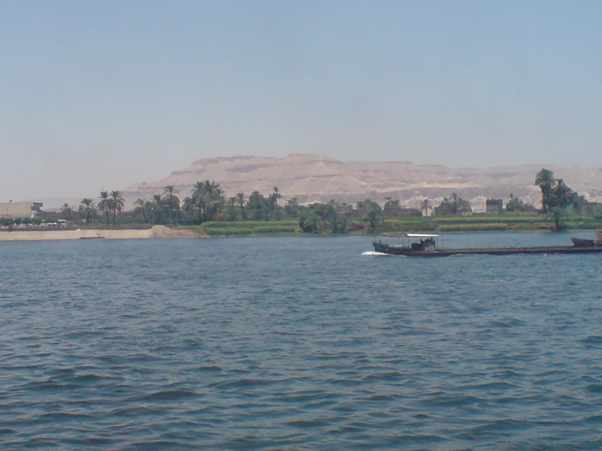
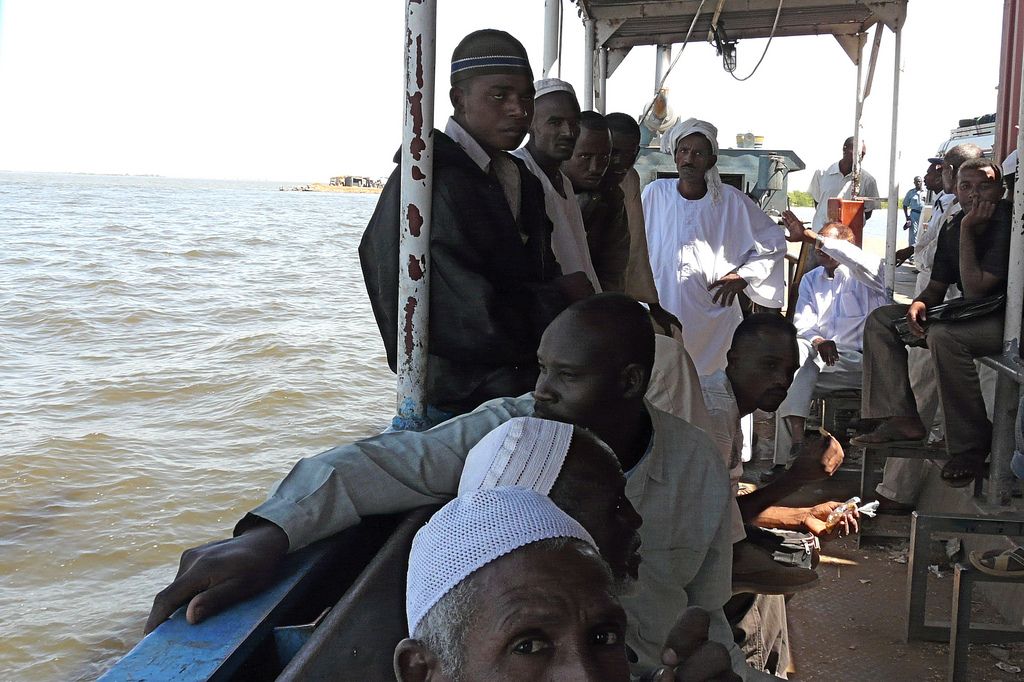

I remember when I was a schoolboy at the boarding school, every time a passenger ship like the one on the picture on the left arrived from the north to our town, we would run to the harbour to see it. They introduced three passengers ships – one of them is called Nimule, the second one is called Wadi el Fad and I don’t remember the name of the third ship. They were beautiful and faster than the old steamers but they had been grounded now for over twenty years due to the economic sanction or security or other reasons.

To transport the goods and passengers from Kosti (north) to any part in the south used to be the barge container (vessels) as shown on the picture on the left. It has been the only major transportation between the north and the south for more than fifty years. When they go southward, it took the barge four -to five weeks to arrive at its destination, partly because they fight against a strong current, and partly because they were too old and overloaded. Now, there were even fewer barges or steamer or no kind of vessels at all that could transport goods from north to the south for political, economic, or security.

Fuels are extremely essentials for many of our activities ahead, from the start to the finish. There are no single patrol station or tanker where fuels have been stored and sold for commercial and personal purposes anywhere in the regions where we intend to construct the bridge. Despite this challenge, fuels will be required for carrying out our constructions of bridge or for our day-to-day task. So, some of the funds are anticipated to be spent on purchasing and transporting fuels from wherever is possible to Koo | Greater Upper Nile, solely for constructions purposes.
